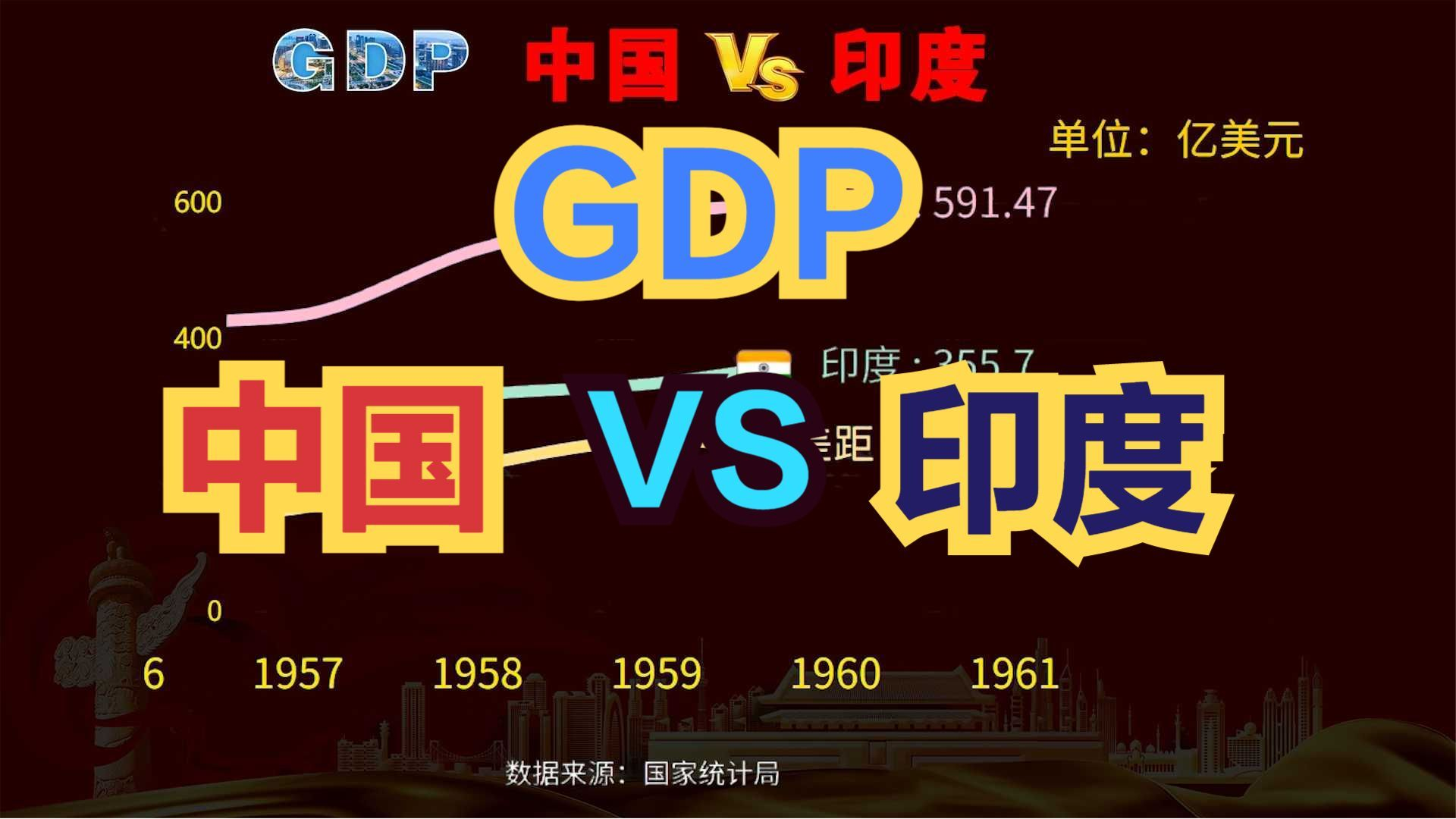Industry News
India Considers Easing Trade and Investment Restrictions on China, Seeks US Tariff Exemption
Times:2025-04-21 Views:114
[New Delhi News] In a significant development, The Indian Express has reported that India is actively considering easing restrictions on trade and direct investment from China, as the deadline for potential US tariff hikes looms and in response to domestic economic development needs. A recent report by the Indian Finance Ministry reportedly supports relaxing some trade and investment curbs on China earlier in the current fiscal year.
Internal and External Pressures Drive India's Potential Policy Shift
The report indicates that various departments within the Indian government are engaged in discussions regarding the potential removal or reduction of restrictions on Chinese investment and trade. Proposed easing measures under consideration include relaxing visa restrictions for Chinese personnel, lifting some tariffs and non-tariff barriers on Chinese imports, potentially allowing some previously banned Chinese applications to re-enter the Indian market, restoring direct flights, and issuing visas to Chinese scholars.
On the investment front, Indian government officials have suggested a gradual approach to easing investment restrictions on China, initially focusing on Chinese investments that involve partnerships with local Indian companies. There have been prior indications of a thaw in certain sectors, such as the return of the fast-fashion platform SHEIN in February, five years after its ban, through a licensing agreement with Reliance Retail.
Leveraging Negotiations to Secure US Tariff Relief
Concurrently, India is actively pursuing trade negotiations with the United States to secure an exemption from reciprocal tariffs proposed during the previous US administration. As US Assistant Trade Representative for South and Central Asia, Brendan Lynch, and related officials visited India from March 25th to 29th for bilateral trade agreement talks, the Indian government reportedly planned to strongly advocate for this exemption.
Sources suggest that New Delhi places significant importance on this, as the implementation of reciprocal tariffs could severely impact key Indian industries such as agriculture, automotive, and pharmaceuticals, potentially leading to economic losses of up to $7 billion annually.
Potential Domestic Benefits Weighed Against US Challenges
Analysts point out that a successful easing of trade barriers and foreign investment restrictions on China could alleviate developmental challenges faced by certain domestic industries lacking Chinese technology, equipment, and investment. Previously, India's telecommunications and solar panel manufacturing sectors reportedly suffered losses of up to $15 billion and witnessed significant job losses due to restricted access to Chinese technical personnel needed to operate Chinese-made machinery.
Furthermore, the normalization of India-China trade relations could help narrow India's widening trade deficit with China, fostering healthier economic growth. However, failure to secure a tariff exemption from the US could expose related Indian industries to substantial external shocks, potentially hindering economic expansion.
Geopolitical Considerations Shape India-China-US Dynamics
From a geopolitical perspective, India's move can also be interpreted as a signal to the United States, aimed at bolstering its leverage in trade negotiations and creating a potential hedge.
For China, a relaxation of restrictions by India would offer greater opportunities for Chinese companies to expand in the Indian market, promoting healthy bilateral trade and investment and fostering regional economic cooperation.
For the United States, this potential policy shift by India could disrupt its strategy of using tariffs to pressure India, potentially prompting a reassessment of its trade policy towards India and the broader trilateral relationship.
Currently, discussions within the Indian government are ongoing, and the ultimate policy decisions, along with the outcome of negotiations with the United States, will have significant implications for India's economic trajectory and the regional geopolitical landscape. This publication will continue to monitor these developments closely.









